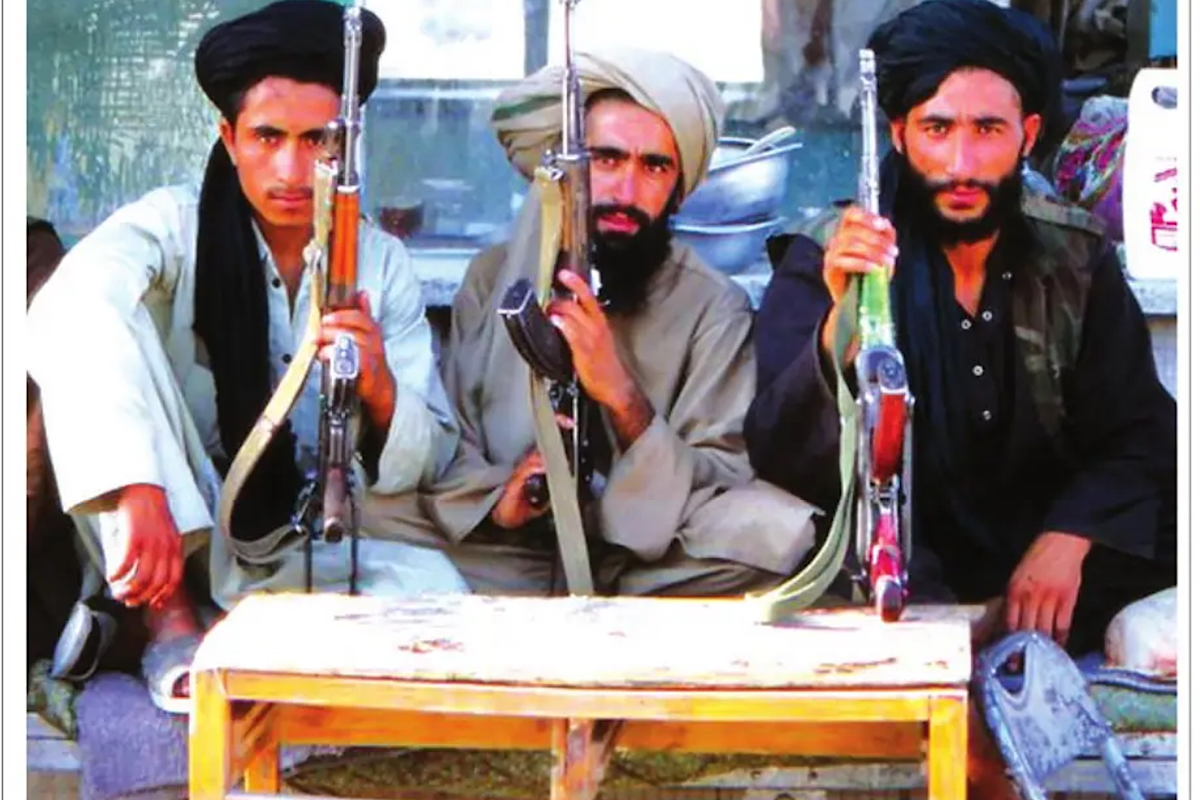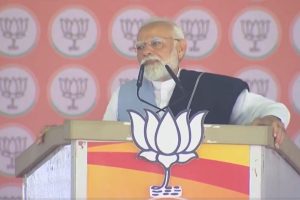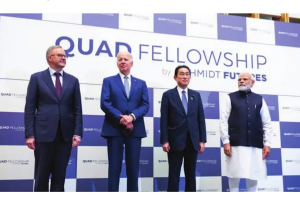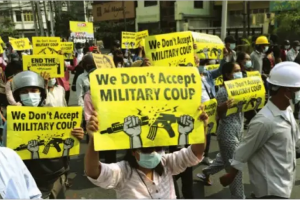Khyber Pakhtunkhwa’s Shangla District personifies the violent ‘badlands’ since eons. Ancient relics of Alexander’s Greek army, Buddha sculptures and the mushrooming of madrassas are part of its antiquity and civilisational turmoil. Populated by the fierce Pasthun Yusufzai tribes and other Pashtun tribes – it remains a hotbed of conservatism, intolerance, and violence. The most famous Pakistani daughter of violence, Malala Yousufzai’s father was born in Shangla.
Unsurprisingly, lawlessness is rampant, and the only modicum of societal intervention (if at all) is not by the official assertion of the Pakistani State but by the regressive elements of clergy, quarrelsome tribal leaders, or by the multitude of extremist organisations that thrive within the region. The locals simply do not like ‘outsiders’, enforcement of non-local/societal laws, or the newness of progressive development. With concepts like ‘honour killing’ and intra-tribal supremacism thriving, it is hardly surprising that Malala Yusufzai had to ultimately abandon and flee – the Pakistani State will always struggle to support development projects and the different thinking of so called ‘outsiders’.
Amongst the newest group of ‘outsiders’ representing alien sensibilities, work or even culture are the burgeoning ranks of Chinese in Pakistan. In July 2021, a bus carrying Chinese workers in the neighbouring Upper Kohistan district was detonated killing nine Chinese and four Pakistanis who were working on a hydroelectric project (whose contract, like almost all in Pakistan, is outsourced to the Chinese). It was a huge security lapse and loss of face for the Pakistanis who have guaranteed security to the Chinese personnel and assets, and yet, routinely fail to secure the same.
Even though the attack was traced to a commander of the Tehreek-eTaliban Pakistan (TTP), the Pakistanis stuck incredously to the oft-repeated and unconvincing line of a ‘foreign hand’ (implicit was the so-called ‘Indian-Afghan nexus‘). Chinese pressure on the Pakistanis to guarantee protection led it to dedicate a complete division known as the Special Security Division (34th Light Infantry Division) to protect the imperatives of the China Pakistan Economic Corridor (CPEC). Yet the Chinese and their assets are routinely targeted and ‘hit’ with deadly consequences.
The nativist mood of the locals was summed up by a Balouch commander who took responsibility for a deadly suicide attack by stating in a video message, “China, you came here without our consent, supported our enemies, helped Pakistani military in wiping [out] our villages, but now it’s our turn. The Baloch Liberation Army guarantees you that the China Pakistan Economic Corridor will fail miserably on Baloch land.” The exact same sentiment of unwantedness for the Chinese cuts across the wide swathe of traditional Pashtuns, Sindhis or even Punjabis.
Unfortunately for the Chinese and even the Pakistani citizenry, the Pakistani Armed Forces are more adept at manipulating national politics and pursuing commercial activities than they are in countering terrorism. The Pakistani security apparatus’s capabilities have been repeatedly questioned by the Chinese who have gone as far as suggesting protection by “private security companies”, but the same was obviously dismissed by an embarrassed Pakistani state.
The fact that the Pakistani military itself may be compromised with internal radicalisation and its pernicious role in creating many of these terror organisations compounds the issue. The ability of the Pakistani State to control these groups to do what it wants, and not do what it doesn’t want, is not limited. These groups have localised agendas which are deeply ingrained and uncompromisable. Therefore, there is always a conflict of interest and the situation often takes a dangerous and bloody turn. The continuing violence against the Chinese presence took another turn last week when yet another suicide bomber attack killed five Chinese workers in Shangla District.
These workers were working on Pakistan’s biggest hydropower project, again outsourced to the Chinese. Expectedly the Pakistani reassured the Chinese of ‘exemplary punishment’ to those involved and more assurances of enhanced protection – but the fact remains that this script has been seen multiple times. Pakistan would singularly account for maximum killing of Chinese, anywhere in the world. Apparently even in this incident the Pakistanis recalled their instinctive ‘foreign elements’ line, downplaying the fact that the incident occurred despite the police protection given to these Chinese workers.
The miffed Chinese are now conducting their own parallel and independent investigations into the incident, much to the discomfort of Islamabad. The lines between religious extremist organisations or those seeking secessionism on ethnic lines are often blurred – both feed on each other and have clearly metastasized out of Pakistan’s control. For the fairly conservative Pakistani regime the Chinese are a lifeline to socio-economic sustenance, and therefore they would like the locals to overlook the presence of the Chinese or their socio-economic imprint as necessary for survival.
But for the vast mass of locals fed on religious, cultural and civilisational mistrust and antipathy towards ‘outsiders’, the Chinese presence cannot be easily accepted. They are seen as modern-day usurpers, intruders and even plunderers in the mould of the Americans, Soviets, Britons, or other powers that tried to control these restive lands unsuccessfully. The fact that these attacks are not IED (Improvised Explosive Devices) based, carried out from the safety of distance for the perpetrators, but entail physical suicide bombers exemplifies the deep hatred for the Chinese presence.
Whether it was the handiwork of the Balouch groups, Pashtun groups like Tehreek-e-Taliban Pakistan (TTP) or even local tribes does not matter – what it shows is the level of intolerance towards the Chinese presence in Pakistan. The patent Pakistani tactic of running with the hare and hunting with the hound in terms of valourising religious fundamentalism has run its full course, and now the proverbial chickens are coming home to roost, be it in Afghanistan (where the Taliban has broken off with Pakistan) or within Pakistan itself, as the security situation deteriorates steadily.
The incident points to the continuing sense of deprivation, inequities, interferences, and alienism as perceived by the locals, despite the so-called aid and support from Pakistan’s ‘iron-brother’, China. The Shangla attack is only symptomatic of the guaranteed chaos that lies ahead
(The writer is Lt Gen PVSM, AVSM (Retd), and former Lt Governor of Andaman & Nicobar Islands and Puducherry)











